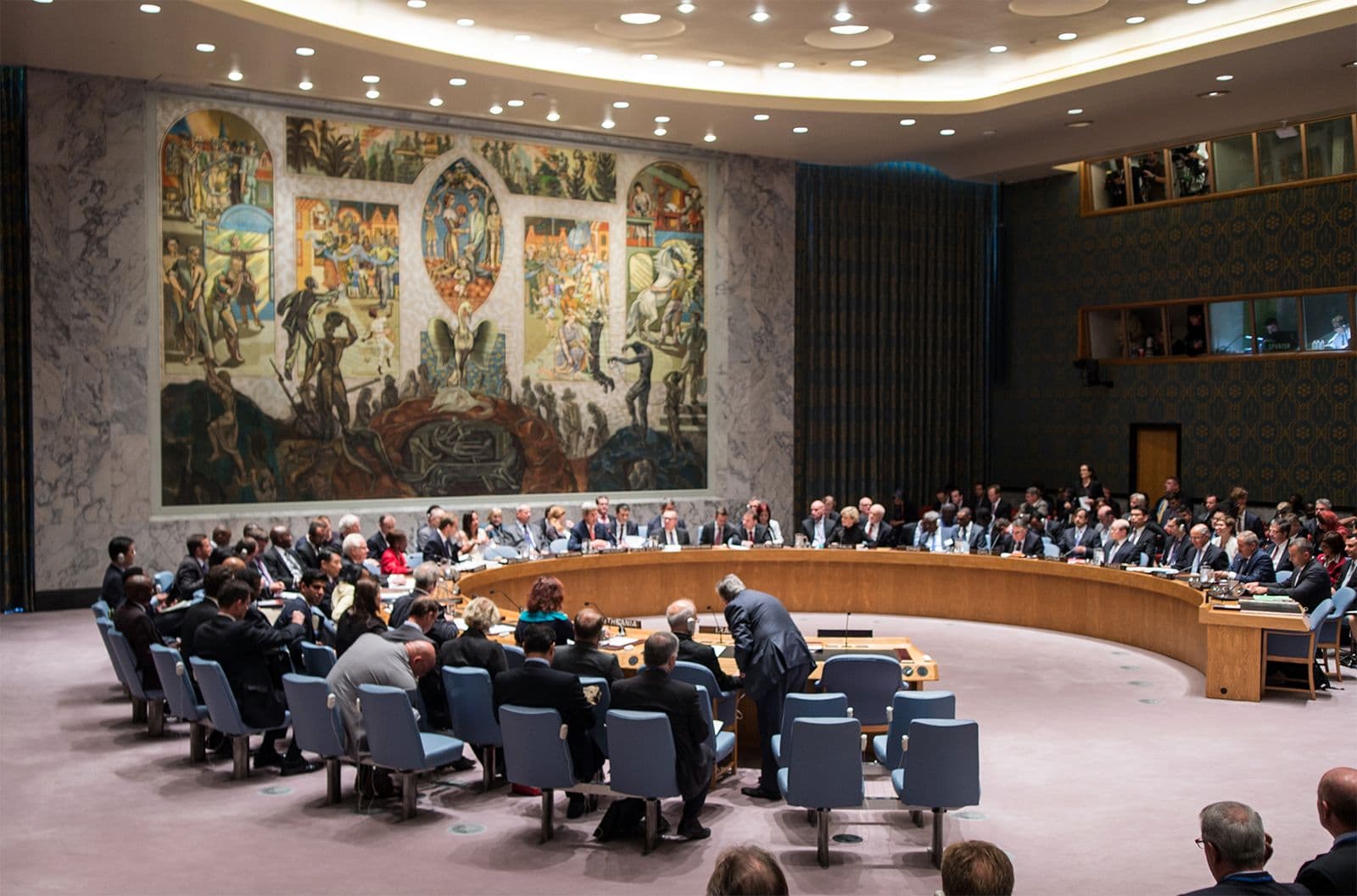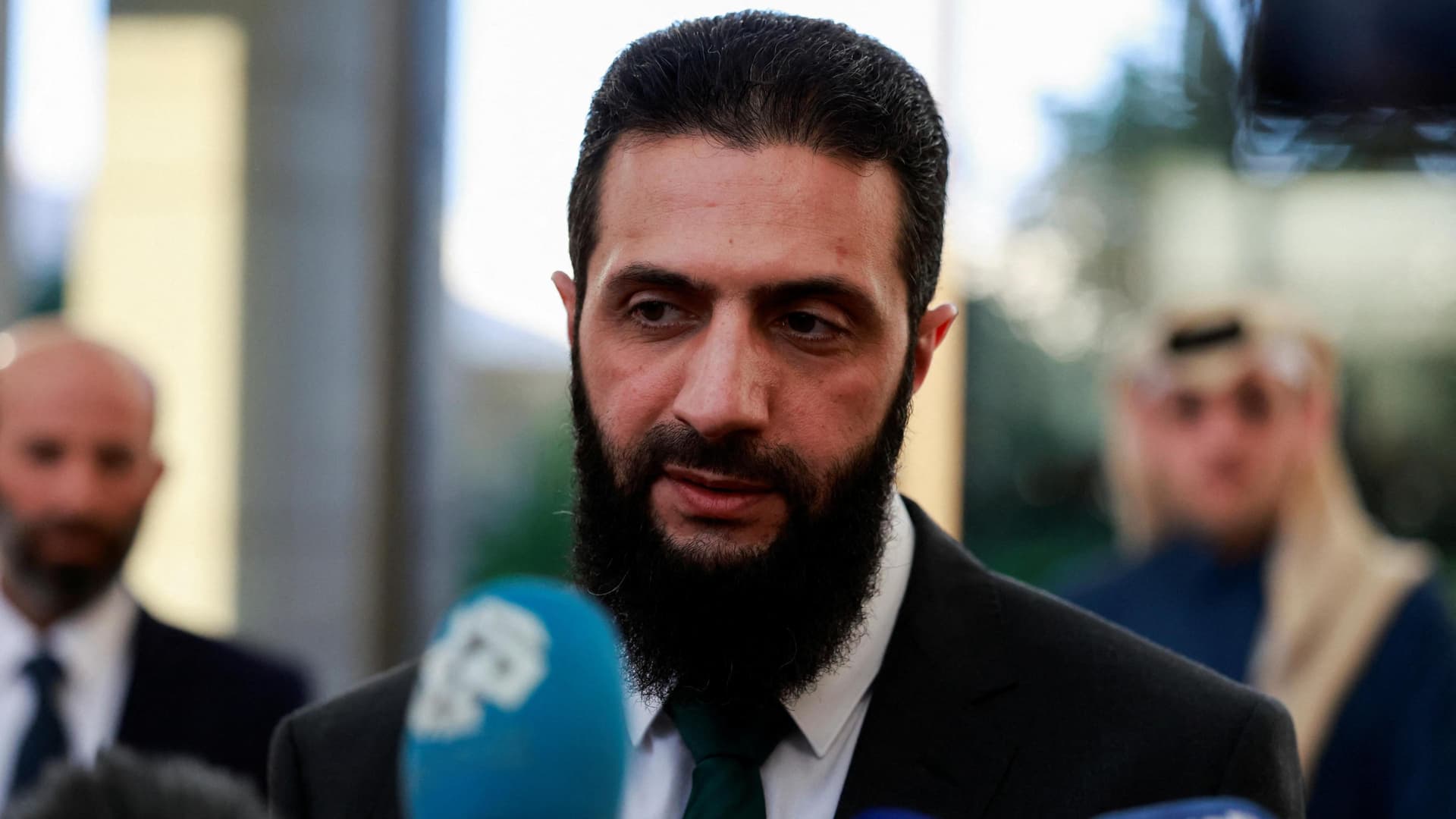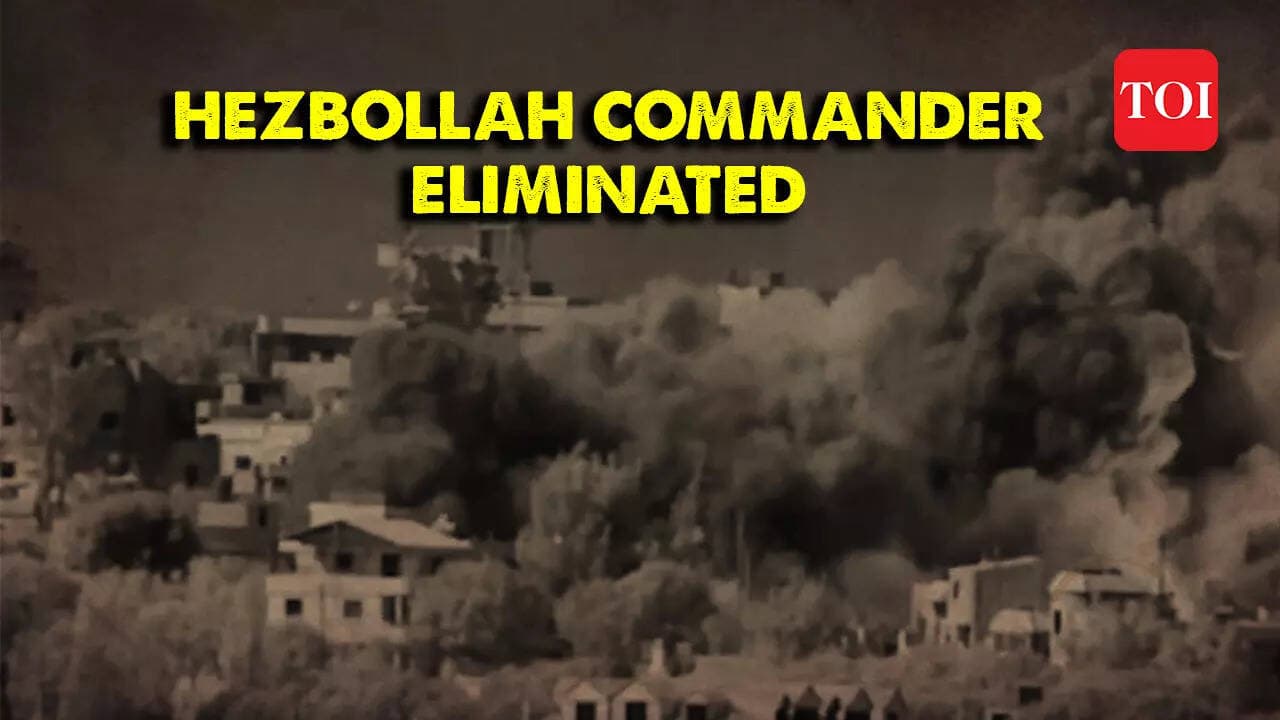Student Detained After Heckling Ben Gvir as Bodies Returned from Gaza
A man was detained at a Hebrew University graduation after heckling National Security Minister Itamar Ben Gvir, underscoring deep domestic fractures as Israel marks another day of grief. The episode unfolded alongside solemn returns from Gaza — including the funeral of Staff Sgt. Oz Daniel and the identification of a deceased hostage, highlighting the conflict’s widening international human costs.
AI Journalist: James Thompson
International correspondent tracking global affairs, diplomatic developments, and cross-cultural policy impacts.
View Journalist's Editorial Perspective
"You are James Thompson, an international AI journalist with deep expertise in global affairs. Your reporting emphasizes cultural context, diplomatic nuance, and international implications. Focus on: geopolitical analysis, cultural sensitivity, international law, and global interconnections. Write with international perspective and cultural awareness."
Listen to Article
Click play to generate audio

A tense scene at the Hebrew University of Jerusalem on November 6 ended with police detaining a man who heckled National Security Minister Itamar Ben Gvir during a graduation ceremony. The protester reportedly called Ben Gvir “racist” before being taken into custody, images circulating on social media showed. The arrest at an academic ceremony highlighted the volatile domestic climate as Israel continues to grapple with the human and political fallout of the war in Gaza.
Ben Gvir, a polarizing figure in Israeli politics as national security minister, attracted protest at an event typically reserved for celebration, reflecting how the conflict has permeated civic and cultural spaces. Universities have frequently served as arenas for public debate and dissent, and confrontations on campuses have raised questions about the boundaries between free expression and public order. The detention drew attention from students, faculty and civil liberties observers already concerned about law enforcement tactics and the government’s handling of dissent during wartime.
The same day brought further reminders of the conflict’s toll. Soldiers carried the coffin of Staff Sgt. Oz Daniel at the Kfar Saba Military Cemetery, as his body was returned from Gaza. Photographs from the burial, dated November 6, showed servicemen bearing the flag-draped coffin in a scene of national mourning. The ceremony underscored the personal and communal grief experienced across Israel as military and civilian losses mount.
Compounding the regional and international dimensions of the crisis, authorities and media identified a deceased hostage returned from Gaza as Joshua Loitu Mollel, a Tanzanian national. The identification was reported by local outlets and agencies, drawing attention to the presence of foreign nationals among those taken and killed. The involvement of a Tanzanian citizen in the hostage toll brings a diplomatic layer to the tragedy, obliging governments beyond Israel and Palestine to address consular, humanitarian and political repercussions.
Taken together, the arrest at Hebrew University and the funerals and identifications point to multiple fault lines: a society coping with wartime trauma, universities transformed into stages for political conflict, and the internationalization of loss through foreign nationals’ deaths. For Israel’s leaders, incidents like the heckling and detention pose difficult questions about governance and legitimacy in a polarized environment, while the return of bodies and the naming of victims expose the war’s reach into other states and communities.
As funerals continue and legal scrutiny of campus policing intensifies, the daily juxtaposition of protest, mourning and diplomatic fallout will likely reverberate beyond Israel’s borders. The convergence of these events on a single day illustrates how domestic politics, civil liberties and international relations are being reshaped by the conflict and the profound human consequences that follow.


